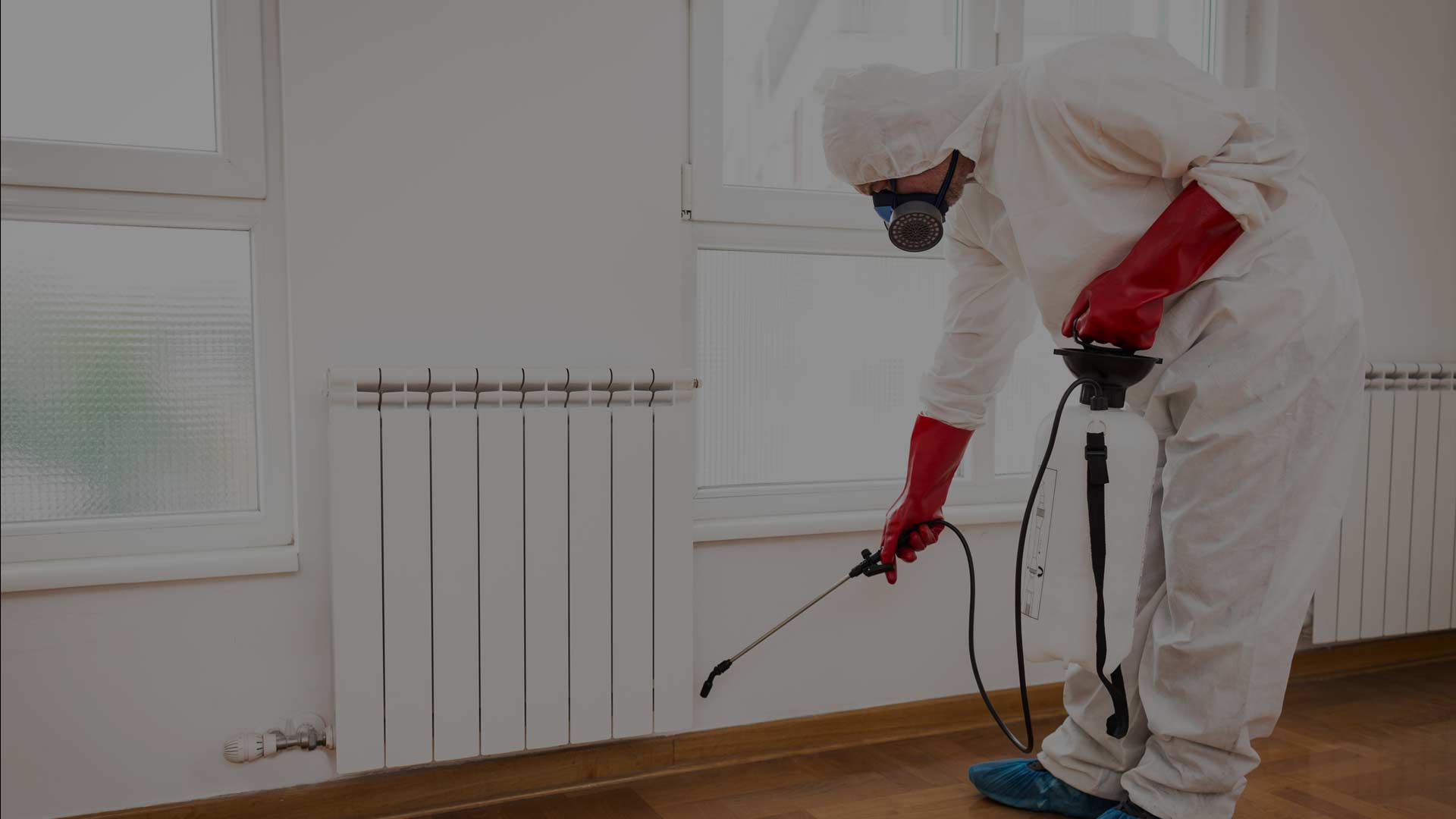Trusted Exterminator Near Me: Your Local Pest Control Solution!
Trusted Exterminator Near Me: Your Local Pest Control Solution!
Blog Article
Expert Pest Control Techniques for Long-Term Results
Specialist pest control techniques encapsulate a detailed technique that begins with a comprehensive assessment and assessment, followed by exact parasite recognition to comprehend their actions patterns. The implementation of Integrated Bug Management (IPM) concepts, paired with eco-conscious therapies, develops the foundation of lasting insect elimination.
Evaluation and Evaluation
Upon entering a residential or commercial property for insect control solutions, the preliminary action is a thorough examination and evaluation to identify the degree of the invasion and determine the most efficient therapy plan. Professional pest control technicians are educated to diligently analyze the facilities, seeking signs of pest activity such as droppings, munch marks, nests, or any type of structural damage. They will certainly also assess the conditions that may be attracting bugs, such as food sources, water leaks, or access points.

Pest Recognition and Actions

In addition, recognizing the actions of the recognized parasite is essential to executing efficient control procedures. For circumstances, knowing where parasites nest, what they feed on, and their activity patterns can assist pest control specialists create techniques to eliminate them effectively. Some bugs might be nighttime, while others are more active during the day. This understanding permits the application of therapies at optimum times for maximum performance.
Integrated Bug Monitoring (IPM)
Integrated Parasite Monitoring (IPM) strategies combine numerous strategies to control and prevent bug invasions in a lasting and environmentally friendly manner. bed bug heat treatment. By incorporating techniques such as organic control, environment manipulation, adjustment of social techniques, and using immune ranges, IPM aims to reduce making use of chemical pesticides
Among the vital concepts of IPM is the focus on prevention. This aggressive approach includes surveillance pest populaces routinely to find any type of potential problems prior to they rise. By recognizing insect problems early, pest control steps can be applied swiftly and efficiently.
Furthermore, IPM promotes using safe insect control methods whenever possible. This can consist of utilizing all-natural predators of the parasites, presenting advantageous insects, or utilizing pheromones to interrupt breeding patterns. By minimizing reliance on chemical pesticides, IPM not only secures the setting yet also assists keep an equilibrium in the community.
Environmentally-Friendly Treatments
Carrying out eco-conscious methods in pest control procedures can properly address infestations while focusing on ecological sustainability. Environmentally-friendly treatments focus on minimizing the impact of bug control approaches on environments, non-target organisms, and human health. These methods often entail the use of natural predators, such as ladybugs or nematodes, to manage pest populations, lowering the need for chemical get more treatments. Furthermore, methods like habitat control, such as readjusting moisture degrees or getting rid of food resources, can aid deter insects without the usage of damaging compounds.
Another key facet of environmentally-friendly treatments is using organic and eco-friendly items that damage down swiftly without leaving hazardous residues in the environment. Botanical pesticides stemmed from plants like chrysanthemums or neem offer reliable parasite control while posing minimal risk to non-target varieties. Utilizing methods like warm therapies or pheromone traps can target particular pests with accuracy, reducing the overall environmental influence of bug control methods.
Ongoing Monitoring and Maintenance
Normal assessments by experienced professionals are necessary to determine any type of indications of pest activity, evaluate the efficiency of previous therapies, and make modifications to the insect control strategy as needed. By keeping track of insect populations over time, bug control professionals can track fads, expect potential problems, and implement preventative actions to lessen the threat of future invasions.
In addition to monitoring, maintenance practices are vital for long-lasting pest control success. This includes implementing correct hygiene measures see here to remove possible food and water sources for parasites, securing off entrance factors to prevent parasites from getting in the premises, and dealing with any type of click here now architectural concerns that might promote bug infestations (bed bug treatment). By including ongoing monitoring and maintenance right into an incorporated parasite administration strategy, organizations can ensure a pest-free environment and guard their residential or commercial property against expensive damages and health dangers
Final Thought
Finally, using specialist parasite control techniques such as complete examination and assessment, accurate parasite identification and understanding of their behavior, incorporated pest monitoring approaches, environmentally-friendly therapies, and recurring monitoring and maintenance are necessary for achieving lasting lead to insect control. By executing these methods, individuals can successfully handle parasite problems and preserve a pest-free setting in a sustainable manner.
Report this page